Your credit score is one of the most important numbers in your financial life. A strong score can unlock better interest rates, higher credit limits, and even improved job opportunities. If you're looking to boost your credit score quickly, here are four simple steps you can take this month:
1. Pay Down Credit Card Balances
Your credit utilization ratio, which measures how much of your available credit you're using, plays a huge role in determining your credit score. The lower this percentage, the better it looks to lenders. Ideally, you want to keep your credit utilization below 30%—but to see a more significant improvement, aim for 10% or less.
For example, if you have a credit card with a $5,000 limit, try to keep your balance under $1,500. If you’re carrying a larger balance, make a plan to pay it down. You might need to prioritize which cards to pay first. Focus on high-interest cards or those with the highest balances to reduce the impact of interest. By paying down your balances, you lower your credit utilization and, in turn, boost your score.
2. Make All Payments on Time
Your payment history accounts for a whopping 35% of your credit score, meaning that it’s the single most important factor in determining your creditworthiness. One late payment can damage your score for months, so making all your payments on time is crucial.
If you’re worried about missing a payment, setting up automatic payments or reminders can help ensure you stay on top of due dates. If you’ve had late payments in the past, don’t be discouraged. Some lenders may be willing to remove late marks from your credit report after you’ve made consistent on-time payments for a few months. It’s always worth reaching out to your lender to ask.
3. Request a Credit Limit Increase
Another quick way to improve your credit utilization ratio is by increasing your credit limit. If you’ve been managing your credit responsibly (i.e., making on-time payments and not maxing out your cards), your credit card issuer may be willing to increase your limit.
For example, if you have a $1,000 limit on a credit card and you’ve been using 60% of it, an increase to $2,000 would immediately drop your utilization rate to 30%, even without paying down your balance. Just remember: A higher limit only helps if you don’t increase your spending. Resist the urge to use the extra credit as an excuse to rack up more debt. The key is to keep your spending habits disciplined.
4. Dispute Any Errors on Your Credit Report
Mistakes on your credit report can significantly affect your score. Common errors include accounts that don’t belong to you, incorrect credit limits, or late payments that were actually made on time. It’s essential to review your credit report regularly to catch any inaccuracies.
You’re entitled to one free credit report each year from each of the three major credit bureaus—Equifax, Experian, and TransUnion—so take advantage of this. Go to AnnualCreditReport.com to access them. If you find any discrepancies, dispute them directly with the credit bureau. Once the errors are corrected, you may see an instant improvement in your score.
Final Thoughts
Improving your credit score doesn’t have to take years. By making a few strategic moves this month, you can see a noticeable difference. The key is to stay consistent—keep your balances low, make payments on time, and monitor your credit report regularly.
Improving your score may not happen overnight, but every step you take brings you closer to financial freedom. Need more financial guidance? Check out our FREE tools at I Was Broke. Now I’m Not to take control of your money today!

